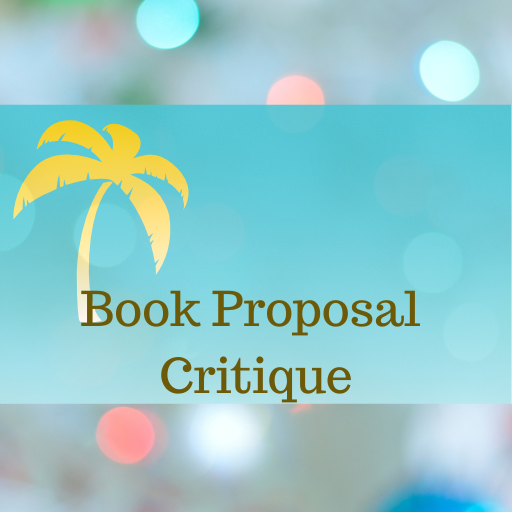How much feedback should writers get?
Feedback for Writers
I’ve been an Indiana Jones fan since Raiders of the Lost Ark. So I went to see The Dial of Destiny. When the opening credits showed four screenwriters, I knew the movie was going to be a mess even before . . . well.
When you see more than two people with screenwriting credits, it’s always a bad sign. It means no one trusted anyone and everyone stomped all over whatever vision anyone else had and then everyone lobbied for their favorite bits to stay in whether they made sense to the final story or not. Usually a director who thinks they’re a writer is involved, and a couple of nervous producers are casting doubt.
What you need when a story is going wrong is an editor, not a bunch more writers.
Anyway, this isn’t a post about screenwriting. It’s a post about letting people stomp all over your vision.

Best Tips for Getting Feedback for Writers
I’m a big fan of using a beta reader or two to give you feedback on your work. Getting another pair of eyes on your ms is essential to helping you see obvious problems you might have overlooked. It’s notoriously difficult to see the flaws in your own work.
But I cannot count the number of people who have come to me after they sent their work out to four or five or ten beta readers and the accumulated feedback is just . . . a tangled knot of contradiction and confusion.
Readers A and B liked the main character but Readers C and D did not; Readers E and F had a problem with the inciting incident (implausible) but Readers A and D did not; Readers C and F found the ending unearned but A and E thought not a word should be changed whereas Reader B wanted the nuclear bomb to go off after all.
Seeking lots of feedback is like having four people write a screenplay. You’re going to wind up with a tangled knot of confusion when your goal is a strong, engaging story.
A good dev editor can help you make sense of this mass of contradictory feedback, but I would recommend not getting it in the first place. Pick one or two beta readers and go on with your life. You know what story you’re trying to tell. Let a small number of people help you see places where the cracks show. That’s it.
A good developmental editor is skilled at developing feedback for writers.
As a dev editor, I’m happy if you pick me instead or in addition to the one or two beta readers, but in any event do not fall victim to the idea that if one is good, five must be better. It’s not.
Related Reads
Eliminating or Reducing Flashbacks in Stories
Eliminating or reducing flashbacks in your story can help with the narrative flow and keep readers interested in what’s ahead – and you want your readers to keep turning the pages! Tips for Eliminating or Reducing Flashbacks in Stories Authors like to use flashbacks to show backstory. Unfortunately, flashbacks can stop the narrative flow in…
Open Draft Podcast
I was recently a guest on Fabio Cerpelloni’s podcast, Open Draft, and we talked about writing and editing. He distilled our conversation down to 5 key tips for writers (and editors): 1. You won’t win every fight. And you won’t please every reader. 2. There’s no formula to being a successful writer, but mindset matters…
How to Land a Literary Agent
If you’re a writer seeking traditional publication, you probably know that the best way to get that longed-for publishing deal is to find an agent to represent you. This post is intended to help you understand what agents do, why you might need one, and how to find one to represent you. What is an…
Revision Letter Overwhelm
As one who teaches editors, recently I’ve been encountering revision letters (sometimes called editorial or edit letters) that run twenty, thirty, and even forty single-spaced pages. I can’t imagine how an author would react to an opus like this landing in their inbox. Actually, I can imagine. Panic, tears, anxiety, overwhelm, and probably shutdown. Please…
Editor Spotlight – Zainab Mirza
I’m sharing success stories from newer editors. The following is from Zainab Mirza. – Jennifer Lawler A few weeks ago, you asked folks to share their success stories. I have a couple of wins I’d like to share. Story #1:When I first moved back to Kuwait after college in 2012, I built relationships with a…
Getting More Editing Business
One of the perennial challenges freelance editors face is the need to fill their schedules with client work. No client work? No bills are getting paid – and that’s a road to financial disaster. But you don’t need me to tell you that. How to Get More Editing Business The best way to keep your…
Join the Club!
New to story editing? Begin at the beginning.






